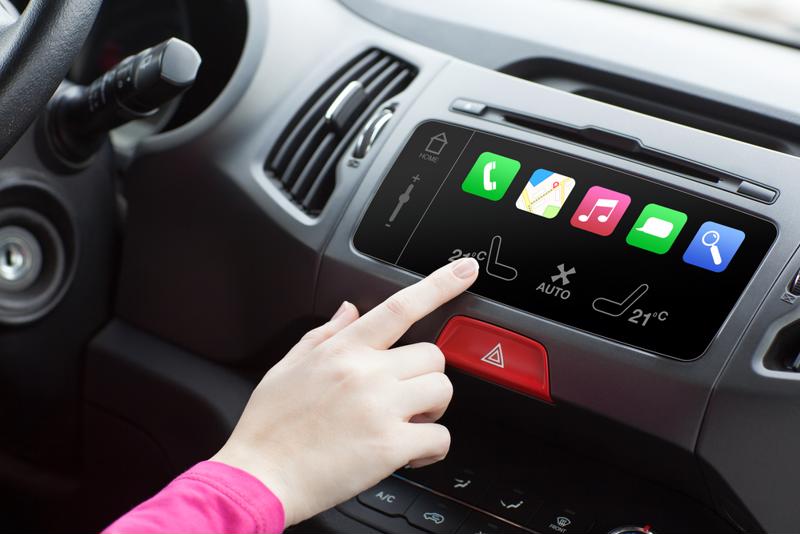Payment Innovation Takes Center Stage at Mobile World Congress

At this month's Mobile World Congress in Barcelona, Spain, some of the best minds in technology shared their ideas for what the next era of mobility will look like. Given its recent bout of attention in the mobile world, it comes as no surprise that payments and mobile wallets were among the most discussed verticals at the conference. Far more surprising, however, was some of the payment technology companies like MasterCard and Visa unveiled. Let's take a closer look at a few of the new payment technologies that made headlines at this year's MWC:
Visa's In-Car Payments
When Visa took the stage at MWC, they brought with them not a new type of payment card or smartphone technology, but a car. In partnership with Honda, Visa developed a concept app that would allow drivers of connected cars to use their vehicles as a mobile payment platform, paying for things like gas or parking without leaving the driver's seat. The app runs from the car's dashboard and can alert drivers when they are low on fuel, direct them to the nearest filling station and even calculate and pay the cost of gas.
Visa also presented an app alongside software company ParkWhiz that would enable drivers to pay for parking with their cars. The idea of turning vehicles into payment platforms on wheels may seem like a futuristic dream, but with an estimated quarter billion connected cars expected on the road by 2020, according to Gartner, the thought might not be as far off as we think.

The next step in biometric authentication
With what could be the next step in biometric authentication, MasterCard unveiled software that would allow consumers to verify payments with a selfie. The tool would give smartphone users the option to replace standard keyboard passwords with fingerprint or facial recognition when making online payments in third-party apps. As a solution designed to combat fraud, the software requires users to blink while their face is being scanned, eliminating the chance that fraudsters could bypass the system by holding up a photo of the cardholder.
According to research conducted by MasterCard and Dutch credit card firm International Card Services, 77 percent of survey participants indicated that they wanted to continue using a fingerprint and/or facial recognition to complete payments after trying the software, and nine out of ten indicated that they would like to definitively replace their password with biometric identification.
At Vantage, we're experienced in helping merchants determine which payment processing solutions are right for their business models. Contact us today to learn more about our solutions, ask a question or schedule a consultation.